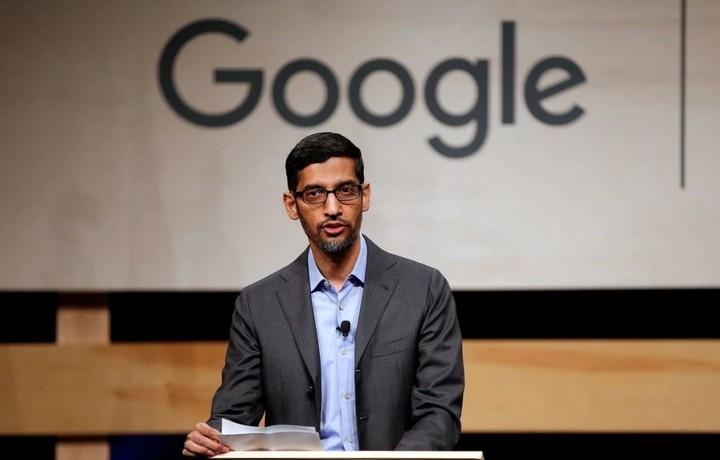With the development of computers, mobile phones and other electronic devices and mobile Internet, the Internet is now an indispensable "necessity of life", so data security is also one of our most concerned issues. However, in the data world, we all seem to be "transparent people".
According to Reuters, a group lawsuit filed by three Google users against Google and its parent company Alphabet in June 2020 has made new progress in California courts: a California federal judge ruled that the accused Alphabet Inc. The plaintiff, whose subsidiary Google illegally tracked its Internet usage in a private browsing mode, could be questioned for two hours by sundar Pichai, the company's chief executive.

▲ Google CEO Sundar Pichai, image from: Reuters
According to the lawsuit filed by the three plaintiffs in the court in June 2020, Google will still use Google Analytics (Google Analytics), Google Ad Manager (Google Ad Administrator) and other technical monitoring methods to track and collect the user's browsing history when the user opens the browser without a private browsing.
In response to the user's allegations, a Google spokesperson once said: "Every time a user turns on private browsing, we have made it clear that private browsing is only to allow you to choose that your web browsing activity will not be stored in the browser and device, but the pages you visit may still collect your browsing activity, and Google will do its best to defend its rights and interests in this lawsuit."
As you can see on Google Chrome's instructions page about private browsing, Chrome doesn't save when a user exits all private browsing windows: browsing history, cookies and site data, information entered in forms, and permissions granted to sites.
▲Image from: Google
Also, it's stated on the page that incognito mode prevents Chrome from saving a user's browsing activity to a local history. However, a user's activity, such as location information, may still be seen by websites visited, including advertisements and resources on those sites, websites to which you are logged in, employers, schools, or anyone who manages the networks used by users, as well as Internet service providers.
In other words, if the user consents to the use of cookies on the websites visited, Google can still obtain the user's browsing data "legitimately" because the Google browser does not prohibit third parties from using cookies. Websites can also use Google's technical monitoring to access the information of users who visit their websites.
The plaintiffs in the case also mentioned that if the site wants to get the data of these visiting users collected by Google, it also needs to spend money to upgrade it, which is also one of Google's revenue sources.
So it seems that Google's incognito mode, is to use the information difference with users to play a "word game", many users in the device or software authorization will not carefully review the relevant rules and instructions, users think that incognito mode can eliminate their own browsing traces, but Google actually only erased part of the traces that will be stored locally. The incognito mode only "has no trace" for the user, which is quite a bit of forcing the user to "cover his ears and steal the bell".
In today's Internet age, user privacy and data have become tools for service providers to profit in the digital advertising market, but the increasing emphasis on online privacy security means that Internet service providers such as Google must change their existing models, and this group lawsuit is an example.
It is understood that Google is ready to phase out third-party cookies in a few years, and launched a "privacy sandbox" program, hoping to classify user groups through massive anonymized massive data, and then provide classified user group information to advertisers, taking into account the protection of user privacy and advertisers' marketing.
Although there is no more specific progress in this plan at present, and there is still a long way to go in the litigation between users and Google, it is hoped that major network service providers can smoothly change the advertising model in the future. As for the current situation, to ensure the security of online privacy, I am afraid that users still need to bear more costs.